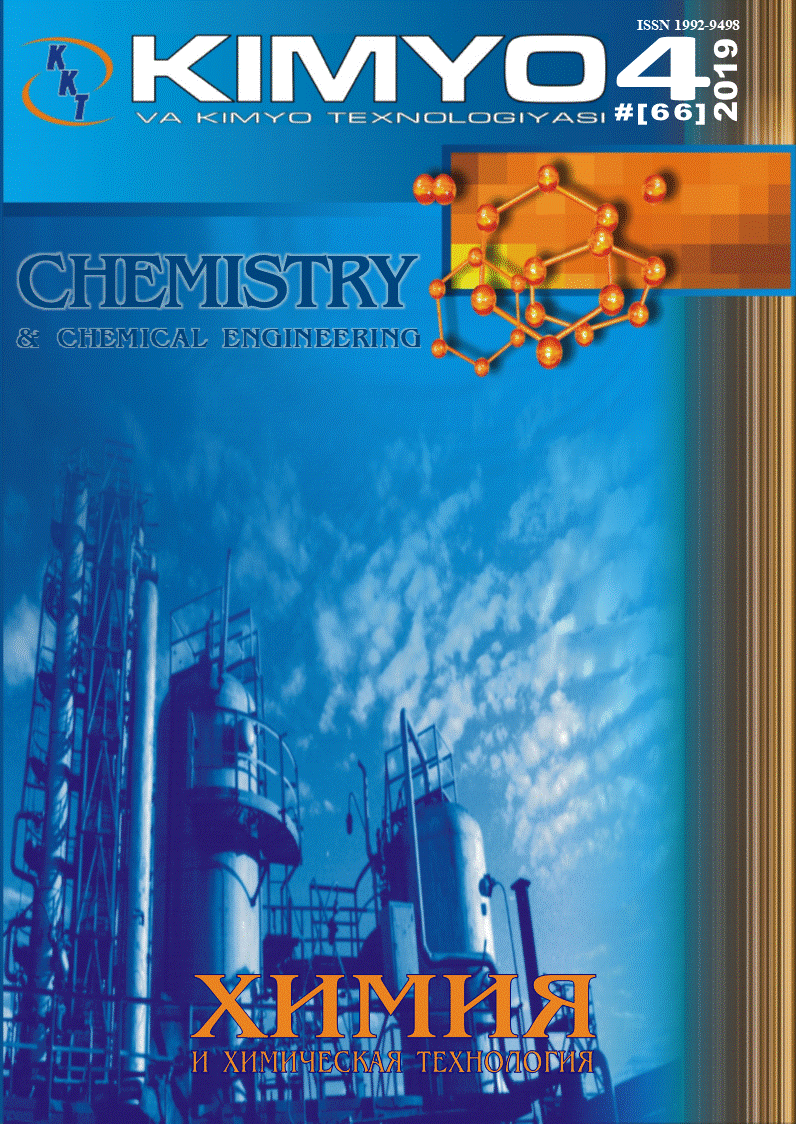
Abstract
Results of researches and calculations summarized for improving the technology of flotation potassium chloride from sylvinites of the Tyubegatan deposit. The possibility of decrease production costs associated with the preparation of saturated solutions for the leaching of sodium chloride, increasing the efficiency of the process of decontamination, filtering the concentrate of potassium chloride and halite waste are shown. Use of cyclonic dust to obtain a saturated solution of potassium chloride allows to decrease the costs of production potassium chloride from 11136 kg to 555 kg per a day and improve the marketability of the products. Installation after two hydrocyclones for desulphonating sylvinite ore, an additional hydroseparator contribute to an increase in the potassium chloride content in the sylvinite flotation feed from 29,6-31,1% to 29,8-31,7% and a decrease in insoluble residues from 1,94-2,06% to 1,36-1,42%. At the same time, the degree of desulphonation increases from 39,1-39,6% to 55,7-56,3% for ore with a content of 28,0-30,0 potassium chloride and 3,1-3,2% of an insoluble residue. At a filtration of a concentrate of potassium chloride and halite waste, the mother liquors are returned to the first flotation machine through the sump after the third flotation machine instead of direct path, and the mother liquors after filteration of the halite waste into the sludge degassing tank instead of the waste degassing tank, and simultaneous discharge from hydrocyclones to the sump can dramatically reduce the amount of sludge entering the filtration and reduce the moisture content in the sediment to 6-7%.
Recommended Citation
Kholtura, MIRZAKULOV; Gayrat, KALANOV; Oleg, DORMESHKIN; and Ilkham, USMANOV
(2019)
"Technical decisions to improvement the technology of manufacture of flotation potassium chloride,"
CHEMISTRY AND CHEMICAL ENGINEERING: Vol. 2019:
No.
4, Article 4.
DOI: https://doi.org/10.70189/1992-9498.1127
Available at:
https://cce.researchcommons.org/journal/vol2019/iss4/4
